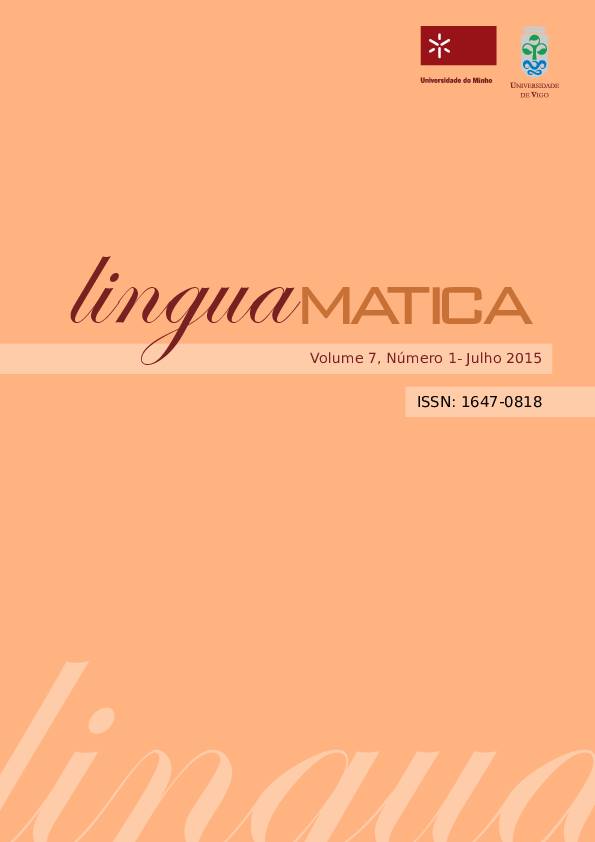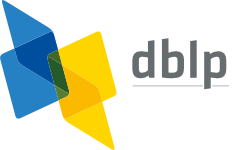A Comparison of Multiple Approaches for the Extractive Summarization of Portuguese Texts
Abstract
Automatic document summarization is the task of automatically generating condensed versions of source texts, presenting itself as one of the fundamental problems in the areas of Information Retrieval and Natural Language Processing. In this paper, different extractive approaches are compared in the task of summarizing individual documents corresponding to journalistic texts written in Portuguese. Through the use of the ROUGE package for measuring the quality of the produced summaries, we report on results for two different experimental domains, involving (i) the generation of headlines for news articles written in European Portuguese, and (ii) the generation of summaries for news articles written in Brazilian Portuguese. The results demonstrate that methods based on the selection of the first sentences have the best results when building extractive news headlines in terms of several ROUGE metrics. Regarding the generation of summaries with more than one sentence, the method that achieved the best results was the LSA Squared algorithm, for the various ROUGE metrics.
Published
2015-07-31
How to Cite
Costa, M. Ângelo A., & Martins, B. (2015). A Comparison of Multiple Approaches for the Extractive Summarization of Portuguese Texts. Linguamática, 7(1), 23-40. Retrieved from https://www.linguamatica.com/index.php/linguamatica/article/view/V7N1-2
Issue
Section
Research Articles
Authors who publish with this journal agree to the following terms:
- Authors retain copyright and grant the journal right of first publication with the work simultaneously licensed under a Creative Commons Attribution License that allows others to share the work with an acknowledgement of the work's authorship and initial publication in this journal.
- Authors are able to enter into separate, additional contractual arrangements for the non-exclusive distribution of the journal's published version of the work (e.g., post it to an institutional repository or publish it in a book), with an acknowledgement of its initial publication in this journal.
- Authors are permitted and encouraged to post their work online (e.g., in institutional repositories or on their website) prior to and during the submission process, as it can lead to productive exchanges, as well as earlier and greater citation of published work (See The Effect of Open Access).













